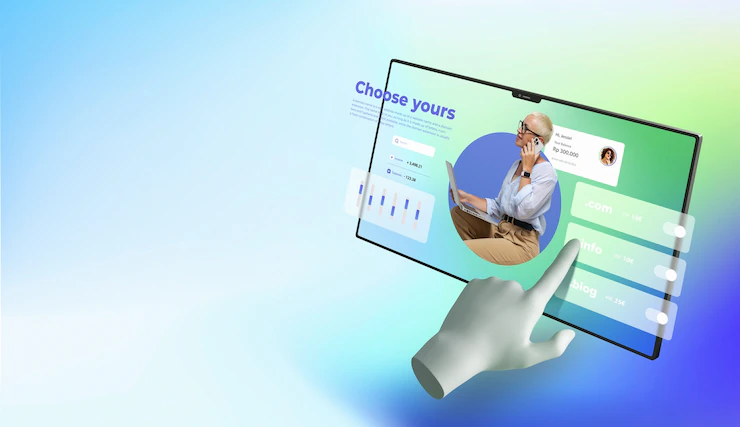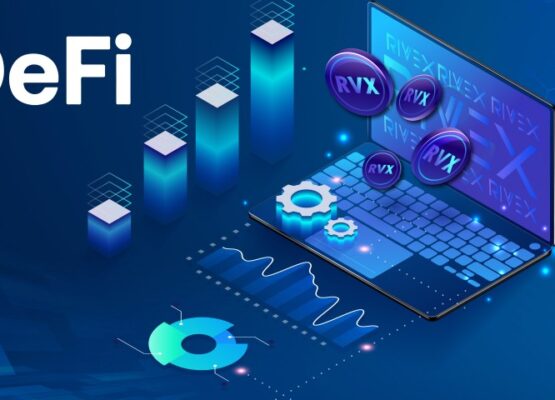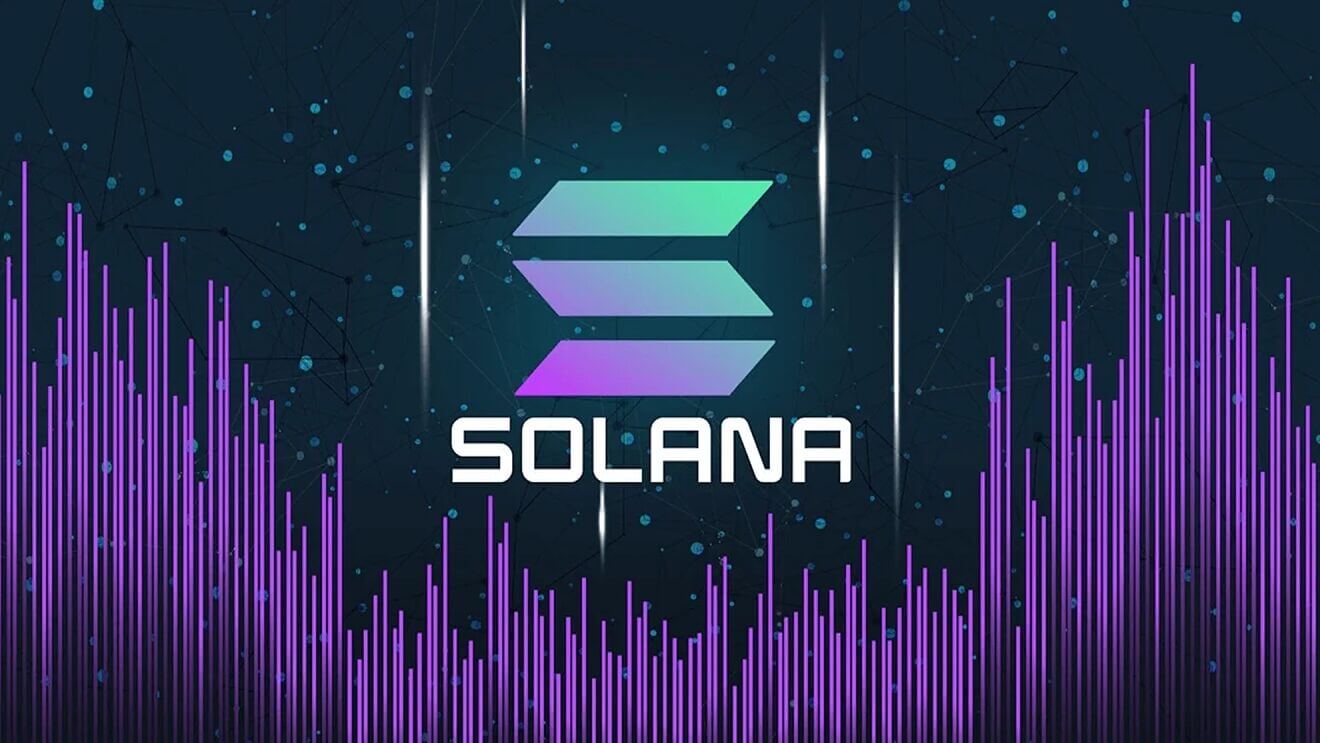The newest iteration of the internet, known as Web3, features numerous enhancements.
Web3 is the next generation of the internet, and it will be built and used by the people who use it with the help of tokens.
Web3’s decentralized design makes it simple for programmers to launch their own platforms and participate in the network as a whole.
Web3 could be applied in natural learning, artificial intelligence, distributed computing/ networking, and dimensional interfaces.
Web3 is the latest version of the internet, incorporating improvements from both Web1 and Web2.
Peepeth, Rekt. News, Mirror.XYZ, etc., are just a few of the popular social networking apps available on Web3.
Users of the internet are already familiar with the idea of Web3. However, the amount of talk and excitement about it has recently increased dramatically.
Some experts see it as a revolutionary leap forward from earlier Internet iterations, while others see it as a rehashed version of the same old thing.
We will discuss the concept of web3 social media app development that are available on Web3 in this article.
Let’s dig in!
What Is Web3?
Web3 operates on top of the distributed ledger known as a blockchain. Cryptocurrencies and digital ledger systems are based on the same underlying technology.
Web 3.0, popularised by Packy McCormick, is “the internet owned by the builders and users, controlled by tokens.”
It is believed that Web 3 would combine data security, greater scalability, and advanced privacy features. Because of Web 3’s decentralized nature, participation is open to anyone and has few prerequisites.
Web 3 places emphasis on decentralization and empowers each and every programmer to be an artist (once you meet the prerequisite conditions).
Web 3 has a solid concept behind it.
Blockchain for generalization, natural learning, artificial intelligence, distributed computing/networking, dimensional interfaces, and so on are all possible applications.
Experts argue that there are no restrictions to what you can construct or produce on Web3. You can create a decentralized social network, create play-to-earn video games, and mint your digital media into Non-Fungible Tokens right now.
The initial version of the Website, Web1, was recognized as the internet of blogs, message boards, and early portals like Compuserve.
When Web 2.0 debuted in 2005, it was the Internet’s successor. Social media sites like Twitter, YouTube, and Facebook came to define the modern internet era.
We are living through the introduction and subsequent dominance of Web3 in the online world right now. Open protocols, decentralized platforms, and shared networks will be implemented in Web 3, which will supersede Web2.
Visualize what a social network powered by Web 3 technologies would look like.
Imagine a Web2 social media app in its Web3 form.
Some of the most well-known Web 2 social networks were analyzed, and recommendations for their use in Web 3 were made by industry experts.
On the web3 version of Facebook, users will be able to make money off of their data and (presumably) earn cryptocurrency from those who view and interact with their posts.
One of the main features of Web3 on Facebook is that anyone can make money just by sharing engaging content. You will be given suggestions for the data that was used to create the content rather than having to go online and use all of your data.
Spotify
Spotify is another app predicted to do well on Web3. In the web3 version of Spotify, users can pre-order songs and other musical content from the artists themselves for a small investment.
Shareholders will be entitled to a predetermined share of streaming royalties once the artists release their music.
In regards to Twitter’s governance protocol, experts have varying viewpoints. Account suspensions, blockings, and bans would all be decided by vote and consensus in a Web3 version.
The authority to make these calls will be entrusted to other Twitter users through a voting system. These participants will have a stake in the system and will make the call on whether or not rulebreakers have occurred.
All of the foregoing claims about the functionality of Web3 and the apps it supports are based purely on the speculations and assumptions of these individuals. This is not to say that social media apps will necessarily adopt a unified structure in the future.
Some of the most successful social networking apps to date have been developed and deployed using web3 technology, and it’s important to highlight their achievements.




